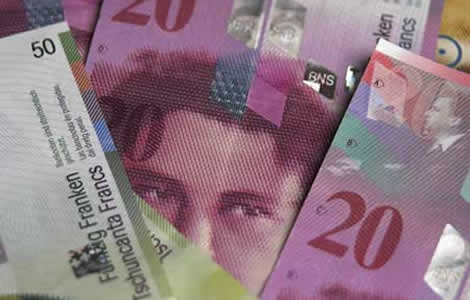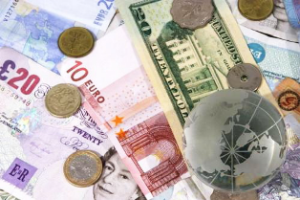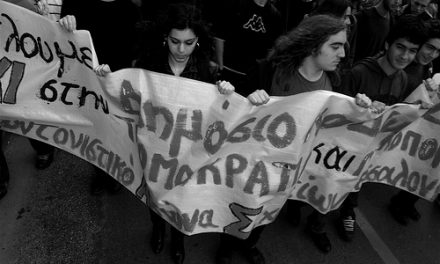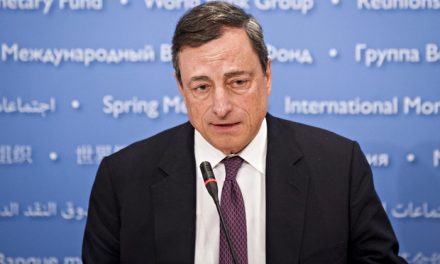A record low has hit the the euro against the Swiss franc on Monday as worries over policymakers’ attempts to handle the Greek debt crisis prompted investors to seek relative safety in the franc.
Price swings may have been exacerbated by low volume with many centers in Europe closed for a holiday. The cost of insuring peripheral euro zone bonds against default hit a record high, while a general lack of appetite toward riskier assets dented euro sentiment.
The euro fell to as low as 1.2004 francs on trading platform EBS. Traders said stop-loss orders were triggered after it fell through 1.2050, and system-related selling pushed it toward 1.2000 francs in thin liquidity.
“There is great concern about what is going on in Europe and the Swiss franc is the most attractive safe-haven currency right now,” said Jessica Hoverson, a fixed income and currency analyst at MF Global in Chicago
Traders highlighted large option structures at 1.2000, with a break below that expected to trigger more euro selling. Euro/Swiss last traded around 1.2032, down around 0.5 percent for the day.
The euro also slumped against the dollar before some central bank demand helped it erase losses and gain on the day. It was last trading up 0.2 percent at $1.4375.
Resistance was at the 55-day simple moving average at $1.4398 and a concentration of former support levels around $1.4430/50, which includes previous intraday peaks in May and a 38.2 percent retracement of the May-to-June rise.
“What the euro needs is a resolution to the Greek crisis and the politicians and the central bankers do not appear to be close to finding one,”” said Kit Juckes, currency strategist at Societe Generale in London. “That uncertainty is weighing on the euro and I expect it to be stuck in a $1.40-$1.47 range.”
European policymakers appeared deadlocked on how to involve private investors in some form of restructuring of Greek debt. The European Central Bank is opposed to German proposals for a bond swap, arguing that it would trigger market turmoil.
Bundesbank head Jens Weidmann in comments released at the weekend said he was against extending the maturities of Greek bonds held by the ECB in any “soft” restructuring.
German and French banks were leaning toward contributing to a Greek rescue, even as it remained unclear how they could do so without triggering a default or credit default swap contracts.
Investors also see a reduced likelihood of repeated euro zone rate hikes in the months ahead. Even as ECB President Jean-Claude Trichet signaled a rate hike is on the way in July, the ECB left inflation forecasts for 2012 little changed, prompting traders to slash expectations for higher policy rates.
The rush toward safe-haven assets boosted the Swiss franc and kept the dollar pinned near record lows hit last week. The dollar was last down 0.7 percent at 0.8370.
“The Swiss franc remains the global barometer for risk and the fresh euro zone jitters have given renewed confidence to investors to push it higher,” said Lena Komileva, head of G-10 currency strategy at Brown Brothers Harriman in London.
The Swiss National Bank meets this week for a rate decision, and is unlikely to signal any risk of intervention to cap the franc’s strength.
The New Zealand dollar tumbled after a series of powerful earthquakes shook Christchurch, four months after the city was badly damaged by a 6.3 magnitude quake. The kiwi dropped 0.9 percent to trade at $0.8132.



















